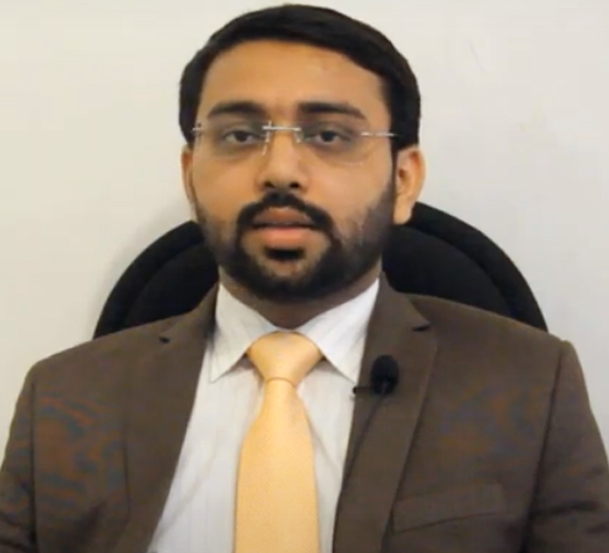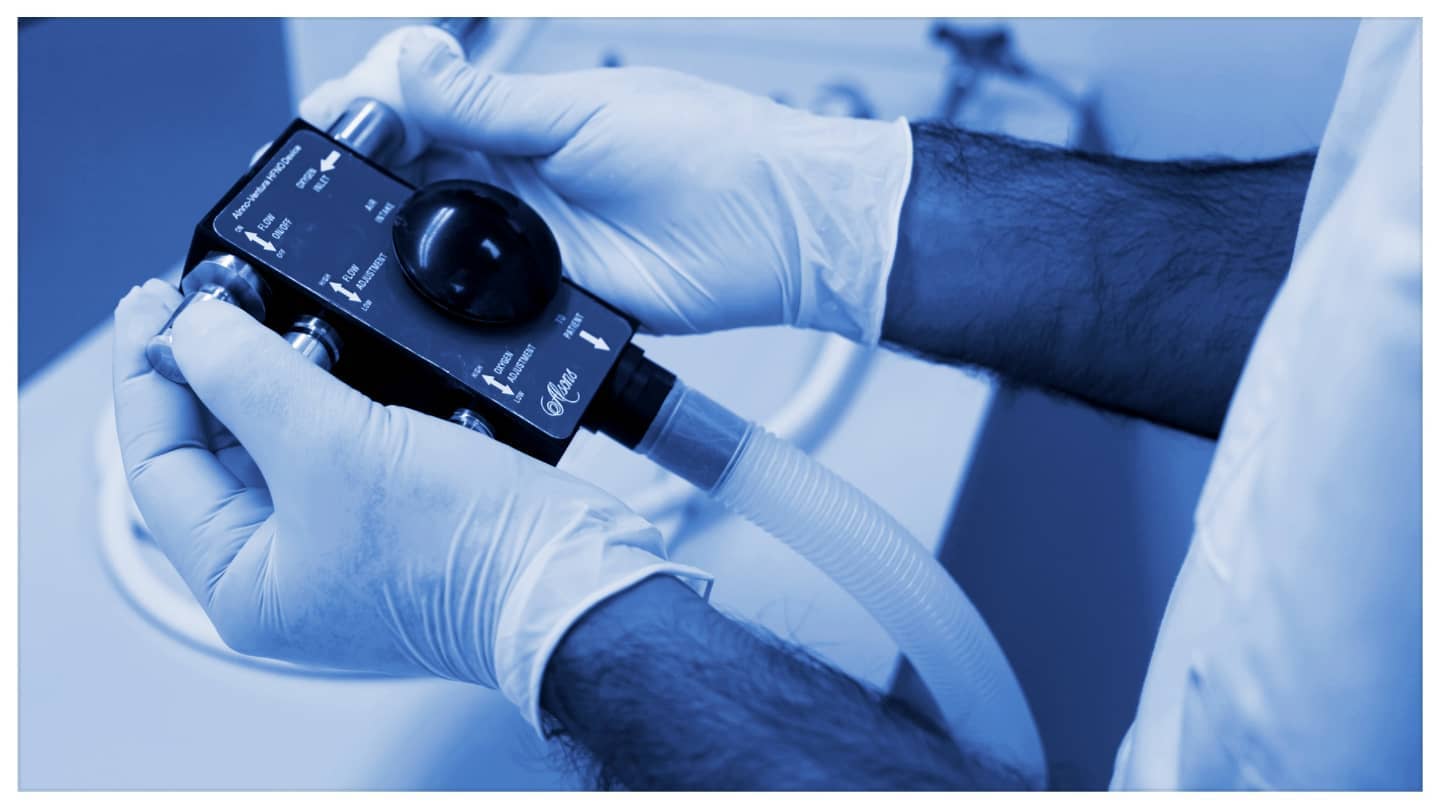Fire incidents can be averted if we know what to do Hassan Murtaza of IMS talks about
how awareness is important in our societyFire incidents can be averted if we know what to do
Pakistan’s every major city has been witnessing fire incidents pretty frequently and every time all questions concentrate on the causes





